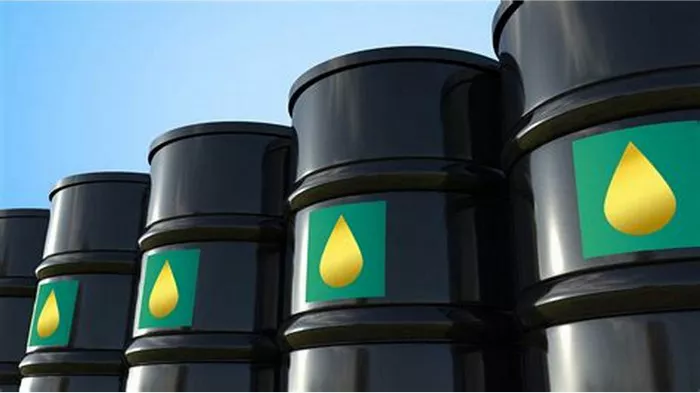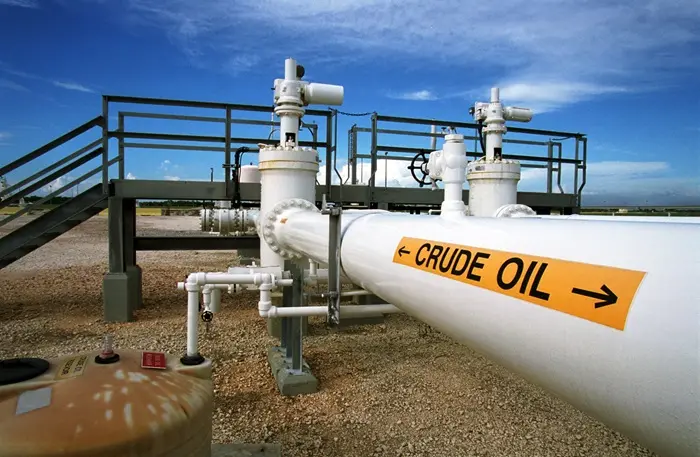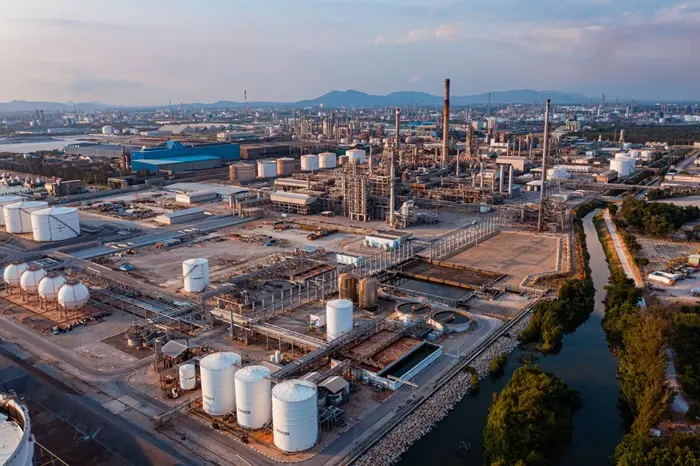Crude oil is one of the most critical resources in the modern world. It is a complex mixture of hydrocarbons and other organic compounds that, when refined, can be transformed into a wide array of valuable products. Understanding the conversion of crude oil into various products is essential for appreciating its significance in our daily lives. This article explores the primary products derived from crude oil production, their applications, and their impact on global industries.
Overview of Crude Oil Refining
Crude oil refining is the process of transforming crude oil into useful products. The refining process involves separating the oil into its constituent parts through distillation and further refining these parts into finished products. The primary goal of refining is to maximize the yield of high-demand products while minimizing waste.
The Refining Process
Distillation: Crude oil is heated in a furnace and then fed into a distillation column, where it is separated into different fractions based on boiling points.
Conversion: Heavier fractions are broken down into lighter, more valuable products through processes such as cracking, coking, and hydrocracking.
Treatment: Impurities are removed from the fractions to meet quality standards.
Blending: Final products are blended to create specific grades of fuels and other products.
See Also: 7 Risks In Crude Oil Transportation
Major Products Derived from Crude Oil
Crude oil refining yields a variety of products, each with distinct uses and importance. The following sections detail the primary products derived from crude oil and their applications.
Gasoline
Gasoline is the most widely produced and consumed product derived from crude oil. It is used primarily as fuel for internal combustion engines in vehicles. The production of gasoline involves several refining processes, including distillation, reforming, and blending with additives to enhance performance and reduce emissions.
Applications of Gasoline
- Transportation: Gasoline powers cars, motorcycles, light trucks, and other vehicles.
- Small Engines: It is used in lawn mowers, generators, and other small engines.
Diesel Fuel
Diesel fuel is another critical product obtained from crude oil. It is used as fuel for diesel engines, which are known for their efficiency and durability. Diesel production involves distillation and further refining processes to remove sulfur and other impurities.
Applications of Diesel Fuel
- Transportation: Diesel is used in trucks, buses, trains, and marine vessels.
- Industrial: It powers machinery in construction, agriculture, and manufacturing.
- Heating: Diesel is used in some heating systems for residential and commercial buildings.
Jet Fuel
Jet fuel, also known as aviation turbine fuel (ATF), is designed for use in aircraft engines. It is produced through distillation and further refining to meet stringent specifications for performance and safety.
Applications of Jet Fuel
- Commercial Aviation: Jet fuel powers commercial airliners.
- Military Aviation: It is used in military aircraft.
- Private Aviation: Jet fuel is used in private jets and helicopters.
Liquefied Petroleum Gas (LPG)
LPG is a mixture of propane and butane. It is produced during the refining process and from natural gas processing. LPG is stored and transported in liquid form but used as a gas.
Applications of LPG
- Cooking: LPG is widely used as cooking gas in households.
- Heating: It is used for heating in residential and commercial buildings.
- Transportation: LPG powers some vehicles, known as autogas.
- Industrial: It is used as fuel in various industrial processes.
Heating Oil
Heating oil is a type of fuel oil used primarily for heating purposes. It is similar to diesel fuel but with different specifications. Heating oil is produced through distillation and further refining processes.
Applications of Heating Oil
- Residential Heating: Heating oil is used in furnaces and boilers for home heating.
- Commercial Heating: It is used in heating systems for commercial buildings.
Petrochemical Feedstocks
Petrochemical feedstocks are the raw materials used to produce a wide range of chemicals and plastics. These feedstocks are derived from various fractions of crude oil through processes such as cracking and reforming.
Applications of Petrochemical Feedstocks
- Plastics: Feedstocks are used to produce polyethylene, polypropylene, and other plastics.
- Chemicals: They are used to manufacture chemicals such as ethylene, propylene, and benzene.
- Fertilizers: Feedstocks are used to produce ammonia and other agricultural chemicals.
Asphalt
Asphalt is a heavy residue obtained from the refining process. It is used primarily in road construction and maintenance.
Applications of Asphalt
- Road Construction: Asphalt is used to pave roads and highways.
- Roofing: It is used in roofing materials.
- Waterproofing: Asphalt is used in various waterproofing applications.
Lubricants
Lubricants are produced from the heavier fractions of crude oil. They are used to reduce friction and wear in machinery and engines.
Applications of Lubricants
- Automotive: Lubricants are used in car engines, transmissions, and other components.
- Industrial: They are used in machinery and equipment in various industries.
- Marine: Lubricants are used in ship engines and other marine equipment.
Other Products
In addition to the major products listed above, crude oil refining produces a variety of other products. These include:
Naphtha: Used as a feedstock for petrochemicals and in gasoline production.
Kerosene: Used for heating, lighting, and as a jet fuel component.
Waxes: Used in candles, packaging, and coatings.
Sulfur: Used in fertilizers and chemicals.
Global Impact of Crude Oil Products
The products derived from crude oil have a profound impact on the global economy and daily life. They fuel transportation, power industries, heat homes, and serve as raw materials for countless products. The importance of these products cannot be overstated, as they play a critical role in modern society.
Economic Impact
Crude oil products are essential to the global economy. The production, distribution, and consumption of these products generate significant economic activity. The oil industry creates jobs, stimulates investment, and contributes to government revenues through taxes and royalties.
Environmental Considerations
While crude oil products are vital, their production and use have environmental implications. The extraction, refining, and combustion of crude oil contribute to air and water pollution, greenhouse gas emissions, and habitat disruption. Efforts are underway to mitigate these impacts through cleaner technologies, regulations, and the development of alternative energy sources.
Technological Advancements
The oil industry continually evolves to improve efficiency and reduce environmental impact. Advances in refining technology, such as catalytic cracking and hydroprocessing, enhance product yields and quality. Additionally, innovations in exploration and drilling technologies increase the availability of crude oil resources.
Conclusion
Crude oil is a versatile and indispensable resource that is converted into a wide range of products essential to modern life. From gasoline and diesel to jet fuel and petrochemicals, the products derived from crude oil fuel transportation, power industries, and provide the raw materials for countless goods. While the benefits of crude oil products are immense, it is crucial to balance their use with environmental stewardship and the development of sustainable alternatives. As the world continues to rely on crude oil, understanding its conversion into valuable products is key to appreciating its role in our daily lives and the global economy.
Related topics:































